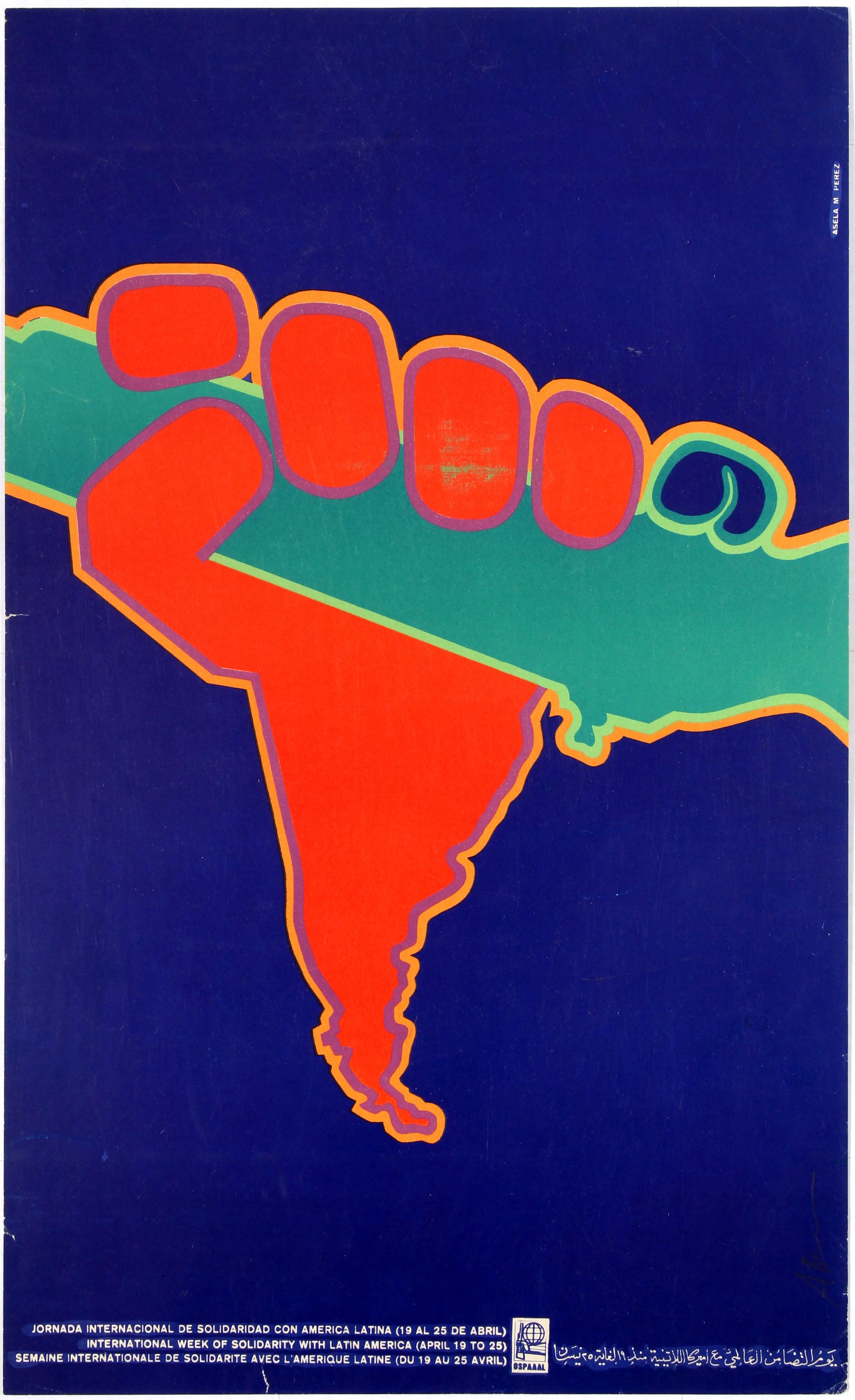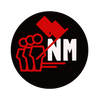Armed Struggle in the Southern Cone
An introduction to some of the key texts we have included in this first issue and why they remain important for the Left today.

Why we've chosen these documents:
The Left has a passing awareness of guerilla organizations in Latin America, the FARC and ELN in Colombia have continued to make headlines until the present day. Far less publicized in the English world is the history of the armed struggle in Chile, Argentina and Uruguay. The election of Mujica in Uruguay created a novel resurgence of interest in the Uruguayan Tupamaros. However histories of the Chilean MIR (Movement of the Revolutionary Left) and the Argentinian ERP (Revolutionary People’s Army) are almost non-existant in the English speaking world.
The MIR was the largest organization of the revolutionary left in Chile and played a tremendous historical role in the period of Allende’s government and later resistance to Pinochet’s dictatorship. The Argentinian ERP was the most significant leftist organization to emerge over the course of the 60's and 70's in Argentina. They tried and failed to establish an independent rural guerilla, but they also achieved an incredible amount of support among the working class, helped lead union struggles and executed urban guerilla actions which stunned the world.
There is a common historical narrative in the United States which reduces the history of the Latin American dictatorships to the history of US intervention. This is important for a left whose central task must always remain relentless opposition to US intervention. It is vital however not to reflect a colonial mindset through a vision of Latin Americans as merely passive victims. The coups in Chile, Argentina, Brazil and Uruguay were financed and supported by the United States, yet they were made and sustained by the local ruling classes. It was as part of a process of intense class struggle (by the bourgeoisie against the proletariat) that these brutal dictatorships came to power, and it was to stifle the growing revolt of the working class that they executed their murderous plans. They needed to bury the organizations and ideas of the left in a mass grave.
As a historical project this publication intends to bring to light a number of documents from the history of these organizations in Latin America, as well as publishing articles describing later debates within the left around the legacy of armed struggle. This does not represent a political endorsement of these positions. For the left there is no worse sin than defeat, and in the major countries of South America the armed struggle ended in defeat. However we can only learn from this history by accurately reconstructing it, discussing and debating it. It is not sufficient to rely on second-hand accounts from those who were often the political opponents of these organizations, political opponents who themselves had no greater success to point to as an alternative.
Particularly in the history of the PRT-ERP, there is a unique fusion of Trotskyism with other political currents which creates a rich history for those attempting to re-arm the left today. Most of the trotskyist currents in the world disavow the ERP and almost nothing has been written about them in the English world. Within the Argentinian and international historiography the ERP has faced substantial, often deserved criticism for many of its positions. However this political current also achieved tremendous advances, becoming a real reference as the vanguard of the industrial working class - something that other Trotskyist currents relying on more peaceful methods were unable to achieve.
The recuperation, interpretation and investigation of this history will be one of the long term projects of New Militant. There is a tremendous, heroic history behind the men and women who gave their lives in the struggle for socialism throughout Latin America. The article we present on Santucho is as far as we are aware, the first substantial history in English of this revolutionary leader. To The People of Latin America represents the international work and co-ordination of this current, while it has apparently been translated before we could find no reference to it online.
We also have included a translation of a key article on the formerly Peronist guerillas of the Montoneros during their later years struggling against the dictatorship. The courage and heroism of Ana Maria Gonzalez is an example of the selfless spirit of revolutionary sacrifice which carried a generation to risk everything in the name of solidarity and socialism.
Armed struggle does not necessarily mean either Maoism or Guevarism. The case of the historic Thesis of Pulacayo approved by a congress of Bolivian miners in 1946, as well as the subsequent revolution in 1952, shows the tremendous influence of Trotskyism in the region. Armed workers militias inspired by the ideas of the Transitional Program overturned the bourgeois government and briefly seized power in Bolivia. While the workers revolution was buried beneath a nationalist, "progressive" government, the events came close to placing the Tin Miners of Bolivia rather than the guerillas of Cuba at the vanguard of the Latin American revolution. It is a tragically understudied history as it is one of the cases where Trotskyism, and a Trotskyist party, had a tremendous political influence and a real opportunity to achieve workers power.
The poetry and political reflections of Roque Dalton are perhaps the closest to the spirit of what we are trying to build and represent. In his work as well as his life he leads an unceasing rebellion against the tired condemnations of "ultraleftism", yet his rebellion is also against the bureaucracies and petty authoritarianisms which plague the left. His own life was spectacular, and his death at the hands of his supposed comrades reminds us that there is no left organization, no political current, which is immune to a tragic degeneration. We must constantly renew our struggle, renew our critiques, and call into question the structures and ideas which continue to leave us comfortably isolated from the seizure of power.
